
Three clear choices faced George Washington in late August 1776. As commander-in-chief of the Continental Army, he had just lost to the British at the battle of Long Island, the latest major skirmish in the American Revolutionary War.
Washington could have carried on fighting, but this would have been a woefully misguided decision bearing in mind the superiority of the British, both in terms of personnel numbers and strategic strongholds around the New York archipelago. He could have surrendered along with his Patriot troops, but this would have meant the war was effectively over - and a dent would have been made in any long-term struggle for independence.
Washington's only realistic option in order to preserve his men and live to fight another day - was to order a mass retreat, a large-scale escape under the cover of darkness. While this retreat gifted the crucial territory to the British, it meant the war would continue - as it did until the Patriots took ultimate victory seven years later.
Had Washington surrendered after Long Island, the momentum from the Patriot side, following the glow of victory at the Siege of Boston, would have been extinguished. So says Benjamin Carp, the Daniel M Lyons professor of American history at Brooklyn College and the author of several books, including The Great New York Fire of 1776: A Lost Story of the American Revolution (Yale, 2023).
هذه القصة مأخوذة من طبعة August 2023 من BBC History Revealed.
ابدأ النسخة التجريبية المجانية من Magzter GOLD لمدة 7 أيام للوصول إلى آلاف القصص المتميزة المنسقة وأكثر من 9,000 مجلة وصحيفة.
بالفعل مشترك ? تسجيل الدخول
هذه القصة مأخوذة من طبعة August 2023 من BBC History Revealed.
ابدأ النسخة التجريبية المجانية من Magzter GOLD لمدة 7 أيام للوصول إلى آلاف القصص المتميزة المنسقة وأكثر من 9,000 مجلة وصحيفة.
بالفعل مشترك? تسجيل الدخول
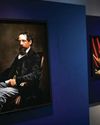
'Dickens's evocation of the fears, excitement and confusion of childhood is peerless'
DR LEE JACKSON ON WHY CHARLES DICKENS REMAINS RELEVANT TODAY
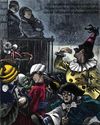
THE AUTHOR GOES ABROAD
Dickens expanded his horizons and boosted his fan-base by venturing overseas - but global fame came with a cost
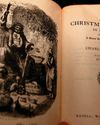
REVIVING THE FESTIVE SPIRIT
A Christmas Carol wasn't just a bestseller - it changed the way that Britons chose to mark the festive season
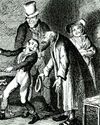
GIVING THE POOR A VOICE
From Hard Times to Oliver Twist, Charles Dickens used his pen to help illuminate the lives of the less fortunate
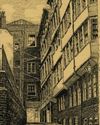
A JOURNEY THROUGH DICKENS'S LONDON
The works of Charles Dickens are synonymous with visions of Victorian London. We talk to Dr Lee Jackson about the author's love of the capital, and the locations that most inspired him
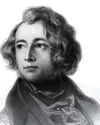
EXCEEDING EXPECTATIONS
Dr Lee Jackson chronicles Charles Dickens's journey from down-at-luck teenager to titan of Victorian literature
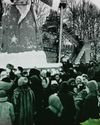
GIFTS, TREES & FEASTING
We take a journey through the photo archives to reveal how Christmas and its many traditions have been celebrated over the years - and around the world
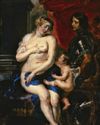
WHAT GREAT PAINTINGS SAY
We explore the story behind an allegorical painting that celebrates the triumph of love over hate, peace over war
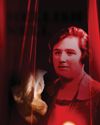
HELLISH NELL
Malcolm Gaskill delves into the life of Helen Duncan - the fraudulent Scottish medium whose ectoplasm-filled seances saw her ending up on the wrong side of the law

7 THINGS YOU (PROBABLY) DIDN'T KNOW ABOUT THE WHITE HOUSE
Presidential historian Dr Lindsay M Chervinsky reveals some of the most surprising facts about the world-famous US residence